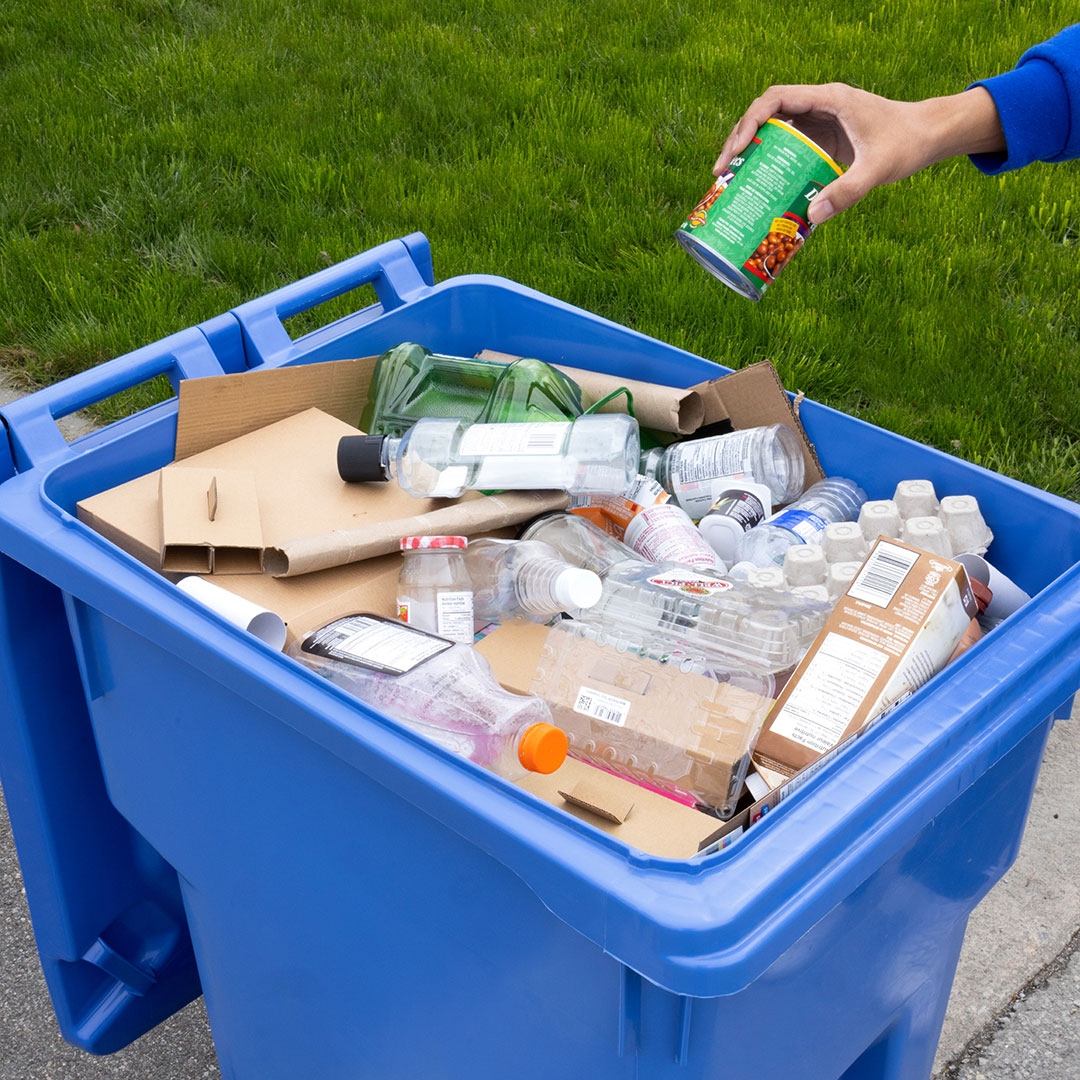Recycling in the Yukon territory
Learn more about the Yukon’s transition to extended producer responsibility.

Your recycling program
New regulations in the Yukon territory shift the financial and operational responsibility for recycling from local governments to the organizations that produce and sell packaging and paper.
Circular Materials is the not-for-profit producer responsibility organization responsible for implementing and managing the new extended producer responsibility (EPR) system in the Yukon territory.
The transition to this new framework is expected to begin in 2025.
Program Resources
Program-related resources and information.
Transition Timeline
The anticipated timeline for the Yukon’s implementation of full extended producer responsibility is below.
FAQs
Check out our FAQs below to find out more about Yukon’s recycling program. If you have any further questions, please contact us at info@circularmaterials.ca.
In January 2024, the Government of Yukon released a new regulation which introduces an extended producer responsibility (EPR) framework for packaging and paper products (PPP) in the territory. EPR shifts the financial and operational responsibility of recycling programs to producers – those that produce and supply packaging and paper materials to residents. EPR enables innovation, operational efficiencies and increased standard levels.
Under this new framework, Circular Materials is the national not-for-profit producer responsibility organization responsible for implementing and managing the new recycling system in the Yukon.
EPR is recognized as one of the most effective mechanisms to improve recycling rates and advance a circular economy where materials are collected, recycled and returned to producers for use as recycled content in new packaging and products.
Historically, the Yukon’s recycling program was operated by local governments that were responsible for paying the full costs. Now, under the EPR Regulation, the Yukon is transitioning to a new model where producers – the organizations that produce the products and packaging – are fully responsible for operating and funding the program.
The Extended Producer Responsibility Regulation was passed by the Government of Yukon on January 25, 2024.
Circular Materials will engage in consultation with impacted stakeholders to gather feedback that will help shape the EPR framework. Local governments will receive information regarding the next steps to participation as they become available.
After the program is launched, Circular Materials will introduce a more convenient, consistent and effective recycling program that will improve recovery rates across the Yukon territory – a change that will not only benefit people, but also our planet.
As a national not-for-profit producer responsibility organization (PRO), Circular Materials’ role is to work directly with the government, local stakeholders and First Nations to support producers in meeting obligations under the EPR regulation. Circular Materials is committed to building an efficient and effective recycling system in the Territory and across many other provinces in Canada and delivering a best-in-class system that meets the needs of residents.
As per the regulation, Circular Materials will consult on and submit a Stewardship Plan that provides reasonable and free access to collection services or facilities (Depots).
Recent news
Read the latest news about packaging and paper recycling in Canada.
Circular Materials collaborates with Nespresso to launch its Green Bag Recycling Pilot in London, ON
Learn MoreCircular Materials is pleased to collaborate with Nespresso on its Green Bag Recycling Program in London, Ontario. This marks another milestone in the journey to provide residents with an easy and convenient solution to recycling.
Toronto Residents Can Now Recycle Hot and Cold Paper Beverage Cups at Home
Learn MorePilot Lays the Groundwork for Rollout across Ontario by 2026 Circular Materials is pleased to announce that, beginning July 3, 2024, Toronto residents can recycle both hot and cold paper-based and plastic-lined beverage cups at home and other eligible locations. This includes single and multi-residential homes, long-term care homes, retirement homes and elementary/high schools within…
What is EPR?
Extended producer responsibility (EPR) creates effective recycling programs that contribute to a circular economy.
Learn moreFind your community
If your community is not listed below, please refer to your community’s website for recycling information.
Close


